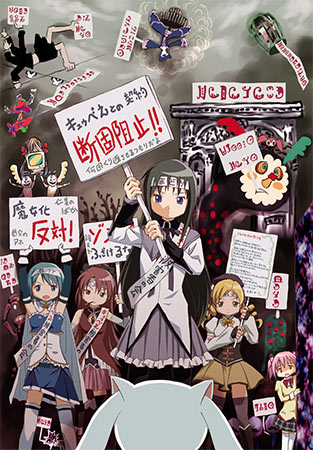Japan is buzzing over the enactment of a new Secrets Protection Act which threatens prison terms for government employees or journalists who divulge information the government deems secret. The law is clearly intended to prevent any local Edward Snowdens from cropping up, but it’s worrisome because of the way in which anything can arbitrarily be named a state secret by the government. While there’s been much hand-wringing over the new law, I find I’m pretty mellow towards it. First, while Japan ostensibly has a “free press,” it’s actually pretty dysfunctional, happily censoring itself on topics such as the Japanese Emperor or Google’s accidental publishing of historical maps that show where the buraku-min (Japan’s version of India’s untouchables) lived during the Edo Period, all while proactively protecting the “privacy” of individuals caught in scandals if they happen to be affiliated with AKB48 or the Johnny’s Jimusho talent agency, though no one else is afforded such consideration. As a result, net-savvy Japanese increasingly turn to Western news sources like Yahoo or MSNBC, which (being foreign-based) presumably have a more Western-style approach to reporting what the public needs to know. Then there’s the grand tradition of 建前 tatemae (ta-tay-mah-eh), lit. “facade,” which means the way we pretend things are even though we know it’s not the truth; and 本音 honne (hon-neh), lit. “true sound,” which means the way things really are, the truth, the actual situation. Whenever a law banning this or that is made in Japan, I know that it will mostly be smoke and mirrors, created for the purpose of projecting an image or enacting an official stance, with very real action taken.

There have been protests against the new secrecy law in Tokyo.















